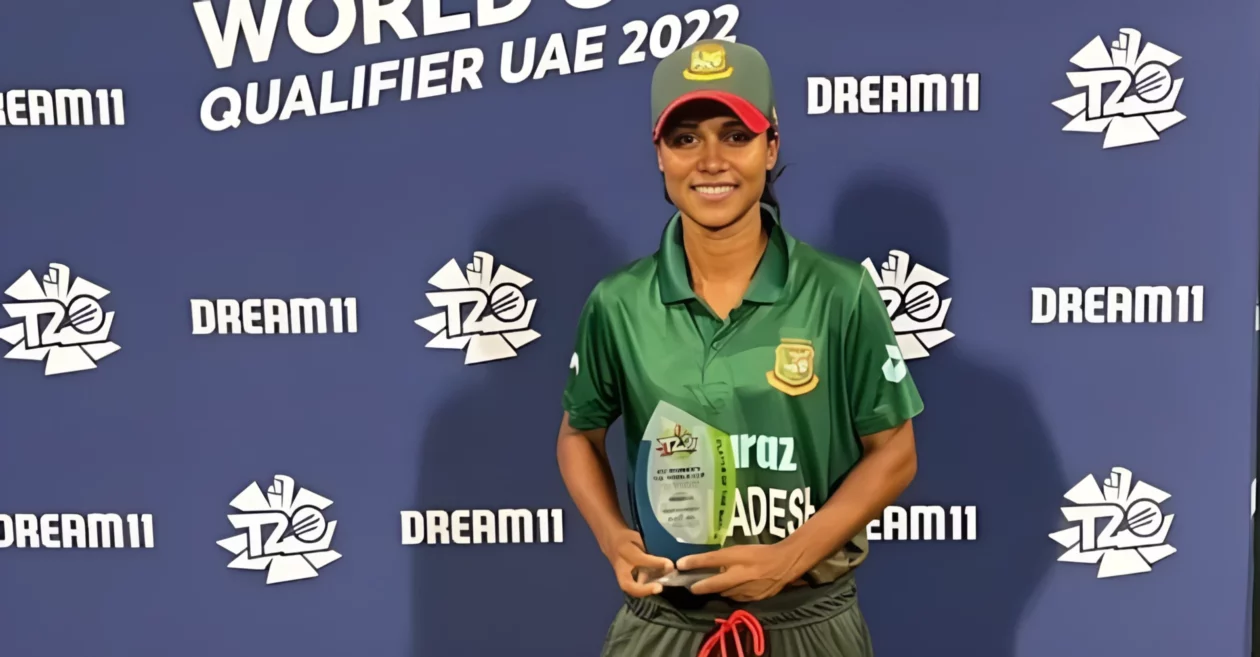Table of Contents
The International Cricket Council (ICC) has toughened its stance on corruption and match-fixing. The ICC recently banned Bangladeshi cricketer Shohely Akhter from all forms of cricket for 5 years due to corruption charges, setting an infamous record in the sport’s history.
Charges of bribery and related offenses decimate Shohely Akhter’s career
Bangladesh off-spinner Akhter is the first female cricketer to be banned for corruption. The 36-year-old, who has represented Bangladesh in two ODIs and 13 T20Is, was found guilty of multiple breaches of the ICC’s Anti-Corruption Code (ACU). Her offenses included attempting to fix matches, offering a bribe, failing to fully disclose a corrupt approach, and obstructing the investigation. Consequently, officials banned her from all cricket for five years after she admitted to violating five provisions of the anti-corruption code.
Akhter’s corruption scandal
The charges against her stem from an approach she made to a Bangladesh cricketer during the 2023 Women’s T20 World Cup in South Africa. Although Akhter was not part of the playing squad, having last featured for Bangladesh in October 2022, her actions have led to severe consequences, serving as a stark reminder of the ICC’s zero-tolerance policy against corruption in cricket.
Also Read: ICC Women’s T20I Rankings: Smriti Mandhana maintains batting dominance; Deandra Dottin’s significant rise among all-rounders
The ICC’s Anti-Corruption Unit (ACU) uncovered Akhter’s involvement in match-fixing through an investigation into her Facebook Messenger conversation with a Bangladesh cricketer on February 14, 2023—the day of Bangladesh’s T20 World Cup match against Australia. Akhter attempted to bribe the player with 2 million Bangladeshi Taka (approximately USD 16,400) to get out hit wicket during the game. The player, however, immediately reported the approach to the ACU, providing crucial voice notes as evidence, despite Akhter deleting the files from her own devices.
During the ACU interview, Akhter admitted to sending the messages but initially claimed she was merely proving that Bangladesh players were not involved in fixing. She also presented fabricated screenshots to support her defense, but forensic analysis exposed the deception. Given the circumstances, including her agreement to a resolution without a formal hearing, the ICC imposed a five-year ban, deeming it fair and proportionate. Akhter accepted the sanction, and neither she nor the ICC can appeal the decision. Her case serves as a significant warning against corruption in cricket, reinforcing the ICC’s strict stance on maintaining the sport’s integrity.
